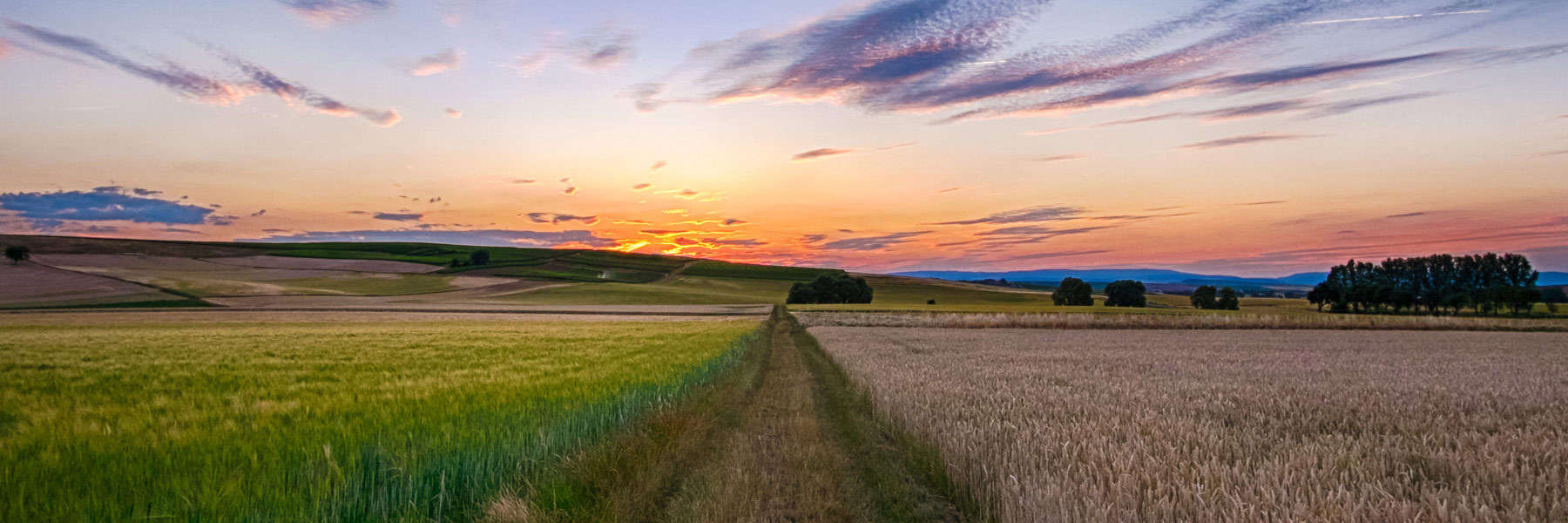Cliquez “FR” pour voir la version en français.
Join us to hear from Quilombola community leaders in the Atlantic Forest biozone of Brazil who are fighting to grow food for their families and communities in direct resistance to the expansion of destructive eucalyptus tree plantations controlled by the major pulp company Suzano.
Indigenous territories and lands settled by Quilombola have been grabbed for eucalyptus tree plantations – and the expansion is not over. The industrial plantations of the largest pulp company in the world, Brazilian company Suzano, surround and cut off many small farming communities. They exhaust local water sources and expose people, crops and farm animals to pesticide spray. Eucalyptus tree plantations have dried up streams, rivers and even lakes in territories where land rights are disputed. The plantations replace native forest, and support no animal life except for eucalyptus pollen that feeds bees.
The Rural Landless Workers’ Movement (MST) is taking back plantation land and transforming it into agroecological and agroforestry farming. They argue the land can be productive for farming and people instead of pulp production and Suzano. Quilombola communities are fighting for legal recognition of their lands as Suzano continues to encroach on local farms and traditional community lands.
Lucy Sharratt and Kaitlyn Duthie-Kannikkatt of the Canadian Biotechnology Action Network (CBAN) met with these leaders during community visits in Brazil as part of an international delegation to exchange information on genetically engineered trees and industrial plantations in May 2023.
Background: The pulp company Suzano says it owns 1.4 million hectares of eucalyptus plantations in Brazil. This includes Indigenous territories, and lands settled by Quilombola and peasant peoples and communities. Suzano’s eucalyptus plantations are responsible for serious social, environmental and climate harm, including deforestation, pollution, water shortages, and destruction of fertile lands. In the state of Espírito Santo, families of the Rural Landless Workers’ Movement (MST) produce more than 100 tonnes of food per year on land that they have taken back from Suzano’s eucalyptus. Nobody eats eucalyptus, and more than 33 million families go hungry in Brazil. If Suzano’s 1.4 million hectares of plantations were used for land reform, it would be enough to ensure the survival of more than 115,000 families. – excerpted from “What you should know about Suzano Papel e Celulose”, World Rainforest Movement, 2023.
 Célio Pinheiro Leocádio is a Quilombola, born in the Quilombo of Volta Miúda, in Caravelas in the far south of Bahia state, in the north-east of Brazil. He is a mobiliser and activist. He is Coordinator of the Quilombola Movements and Articulation of the Far South of Bahia and he is President of the Association of Remaining Quilombola Producers of Volta Miúda – Caravelas.
Célio Pinheiro Leocádio is a Quilombola, born in the Quilombo of Volta Miúda, in Caravelas in the far south of Bahia state, in the north-east of Brazil. He is a mobiliser and activist. He is Coordinator of the Quilombola Movements and Articulation of the Far South of Bahia and he is President of the Association of Remaining Quilombola Producers of Volta Miúda – Caravelas.
 Diosmar Filho is a PhD candidate in Geography at the Fluminense Federal University (UFF) in Brazil. He is a researcher and scientific coordinator of the Iyaleta Research Association where he leads the “Inequalities and Climate Change” research. He coordinated the research project “Urban Legal Amazon – Socio-spatial Analyses of Climate Change (2020/2022)” and is currently co-leading the research project “Climate Adaptation: an intersection between Brazil 2022-2024.
Diosmar Filho is a PhD candidate in Geography at the Fluminense Federal University (UFF) in Brazil. He is a researcher and scientific coordinator of the Iyaleta Research Association where he leads the “Inequalities and Climate Change” research. He coordinated the research project “Urban Legal Amazon – Socio-spatial Analyses of Climate Change (2020/2022)” and is currently co-leading the research project “Climate Adaptation: an intersection between Brazil 2022-2024.

